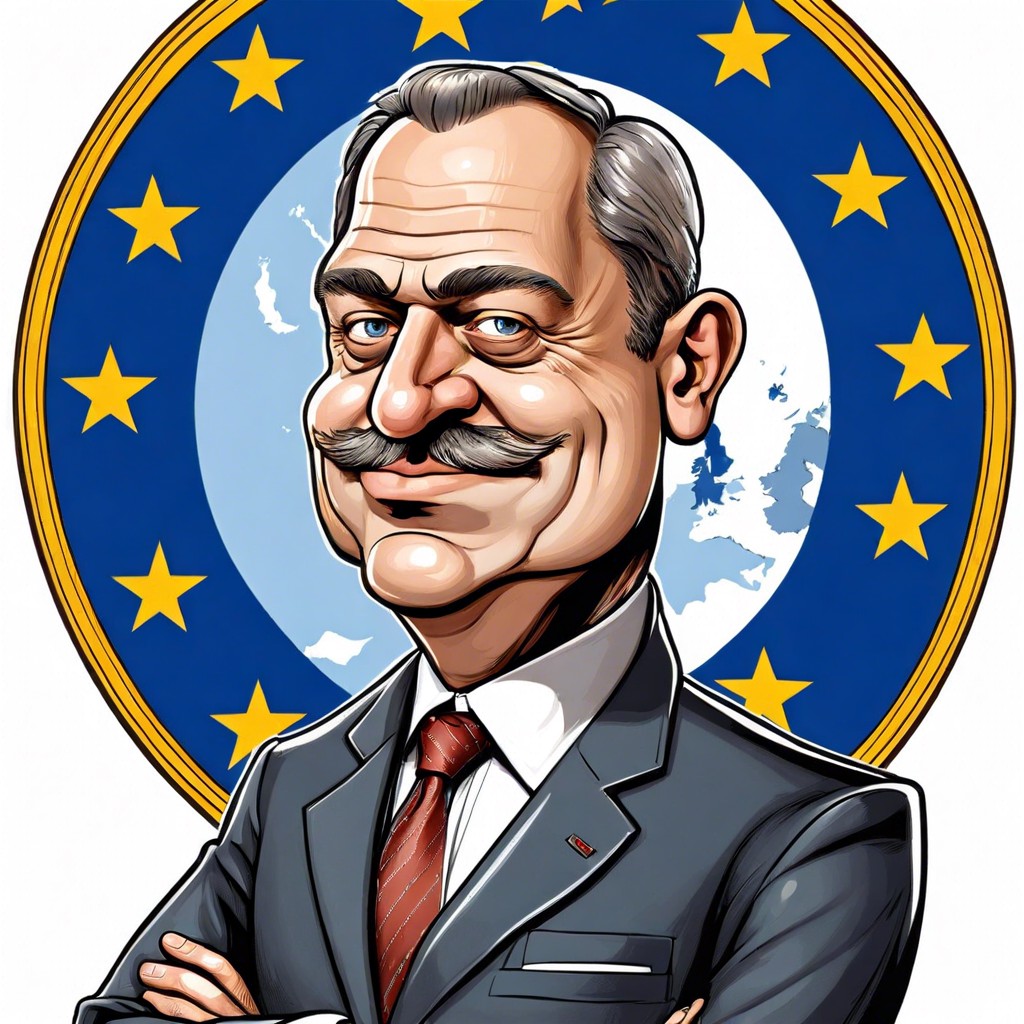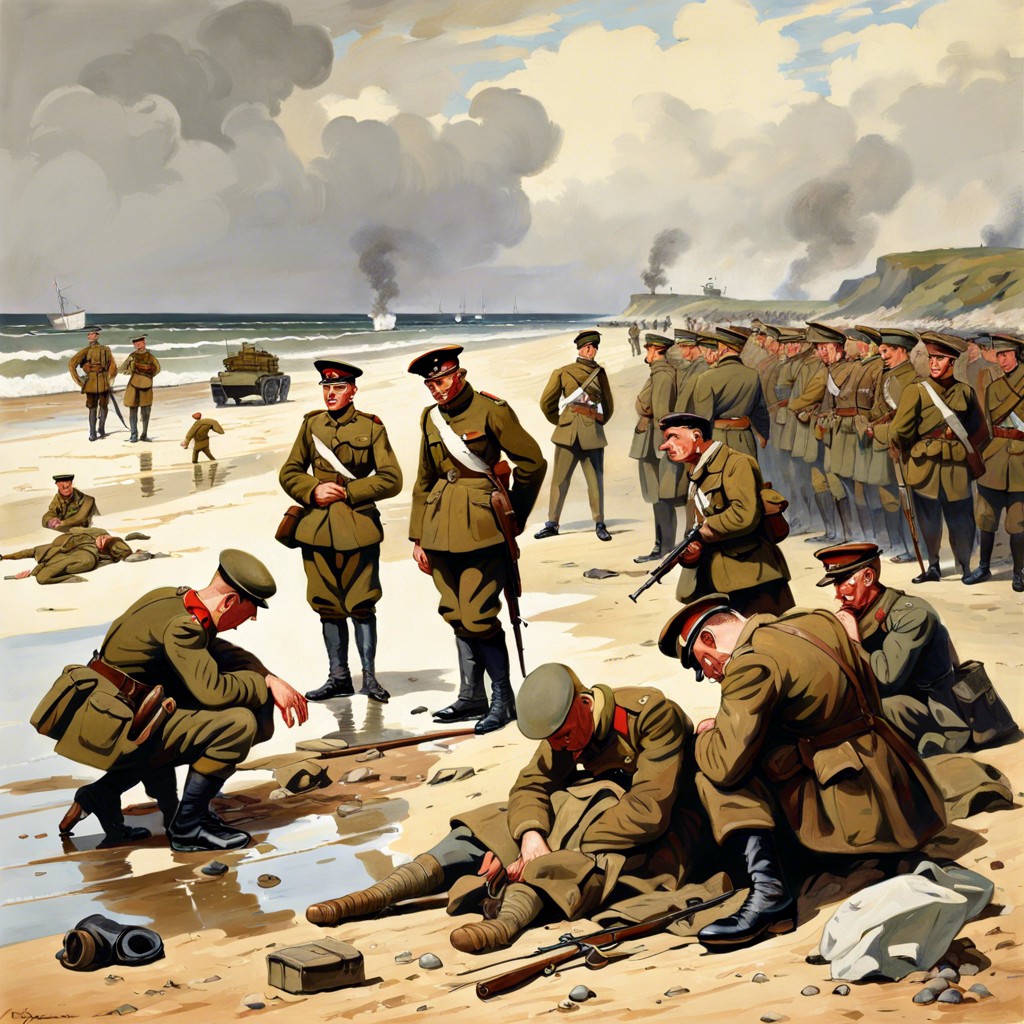Imagine Europe as a single country, and discover how it could completely reshape politics, economics, and culture.
Imagine a world where Napoleon’s wildest dreams came true, and Europe was a single, united country. From centralized governance that could make Brussels the new Washington, to the economic wonderland of a unified currency and trading behemoth. How would millions of people juggle countless languages and cultural quirks while enjoying borderless travel and harmonized immigration laws? Don’t even get started on the defense extravaganza of a shared military strategy. Dive in to explore how this mind-bending unification could reshape the face of the continent, because we’ve got all the juicy details right here.
Key takeaways:
- Centralized government: Political chaos with 700 million voices.
- Economic integration: One currency, financial stability, strong global presence.
- Cultural identity: Embrace diversity, create unified national identity.
- National borders: Borderless travel, unified immigration laws, potential challenges.
- Defense strategy: Efficient military cooperation, stronger defense, streamlined decision-making.
Centralized Government and Political Implications

Imagine the entire continent of Europe governed by a single entity. What a circus! A centralized government would need to juggle the interests of over 700 million people. Political representation might get dicey with so many voices clamoring to be heard.
Let’s talk bureaucracy. A consolidated European government would likely create a mammoth-sized administration. The European Parliament on steroids! Each nation has its own unique way of doing things—good luck streamlining that into a coherent policy.
Policy-making could be faster, though. No more endless rounds of international summits! Decisions could be more unified. However, this means the smaller countries would have less influence. The political weight would shift towards the more populous nations. Laws and regulations would become homogenized, potentially erasing localized nuances.
Imagine trying to implement a uniform tax system, or even health care. The complexities are astounding. The clash between federal and local authorities could lead to tensions, with nations feeling either overruled or undermined.
Could it work? Possibly. But it might feel a lot like herding cats—multi-linguistic, feisty cats.
Economic Integration and Monetary Policy
Imagine the chaos and opportunity of uniting diverse economies, from the industrial powerhouse of Germany to the agrarian charm of Portugal. One currency to rule them all? Euro, anyone?
First, there’s the thrilling dance of balancing budgets. Strong economies might need to shoulder a bit more weight, but hey, teamwork makes the dream work.
Second, synchronized fiscal policies could smooth out those economic rollercoasters. Less drama in the financial tabloids, more consistent growth.
Then, think of the sheer buying power. A united consumer market with over 740 million people could throw serious weight around globally. Bargain hunting would hit a whole new level.
Lastly, kiss goodbye to exchange rate headaches. No more shockers at currency exchanges during vacations.
Economic harmony won’t be without its hiccups, but the perks might just outweigh the bureaucratic migraines. Let’s hope Europe’s ready for the ride – and has a good supply of aspirin.
Cultural Identity and Language Diversity
Imagine a French baguette arguing with a German bratwurst about which is more essential to a unified European menu. That’s just the start.
Europe’s rich tapestry of languages means a single country would have to embrace a polyglot lifestyle. Think Eurovision, but every day.
Clinging to cherished traditions, while trying to create a shared national identity, could be like trying to mix oil and water with an optimistic blender.
From Catalonia’s passionate independence movements to the Greek’s love of lengthy mealtimes, there’s endless diversity to celebrate and navigate.
Museums everywhere would need more labels than a bargain bin at a discount store.
Yet, this melting pot could also burst with creativity, leading to one heck of a culture mashup. Parisian art could meet Finnish sauna culture, creating the world’s first Monet-infused steam bath.
National Borders and Immigration Law
Imagine swapping your Spanish siesta for a Swedish fika without the hassle of border checks. In a unified Europe, national borders would dissolve like sugar in your coffee, turning the continent into one big neighborhood. Here’s the lowdown:
First off, think of the Schengen Area on steroids. Travel from Lisbon to Athens with just your adorable pet passport? Yes, please. Forget about those pesky visa applications. Just pack up your bags and wander.
Next, immigration laws would get a makeover. A single policy would replace the patchwork quilt of regulations. A potential perk? Simplified procedures for international students and workers. Imagine the talent flow between diverse regions—a dream for innovation.
On the flip side, managing a unified policy could be a bureaucratic beast. Some countries might worry about losing control over their doors. Uneven economic conditions could also lead to migration spikes, putting pressure on certain areas. Picture a trendy French café suddenly swamped with job-seekers—it could get crowded.
Lastly, asylum procedures would need harmonization. A single asylum process could mean fairer treatment for refugees but might also stretch resources thin. Think of it as feeding a very large, very hungry dragon.
So, would it be a borderless utopia or a red-tape labyrinth? Feel free to ponder that over your next European adventure.
Defense Strategy and Military Cooperation
Imagine the entire continent of Europe banding together with a single defense strategy. Tanks rolling in unison and jets flying in perfect formation, like an Avengers movie but with more croissants.
First, military cooperation would eliminate redundant defense systems. No more duplicate missile defense programs scattered across different nations. Budget efficiency, hello!
Second, Europe’s collective security would be strengthened. A unified European army would have more clout than fragmented national forces, allowing for quicker, coordinated responses to threats.
Third, sharing resources such as intelligence, technology, and even personnel would lead to a more formidable defense mechanism. Picture a German engineer working alongside a French pilot and a Spanish intelligence officer – it’s like a United Nations of badassery.
Finally, with one military command center, decision-making in crises would be streamlined. No more waiting for endless bureaucratic approvals from multiple countries.
So, while it might sound like the plot of a James Bond film, a unified defense for a European super-country could make sense.




